
Group Leader
Proactive marine ecologist with more than 25 years of experience in the research coastal ecosystems. My research primarily involves experimental ecology and modeling tools to understand and predict the effects of global changes on coastal populations and ecosystems, from both structural and functional perspectives.
Keywords:
Marine Ecology, Coastal ecosystems, Climate change, Biodiversity, Ecosystem functioning, Marine Forests, Biological invasions, Phycology.
Head of the Benthic Ecology Team at CIIMAR since 2020.











